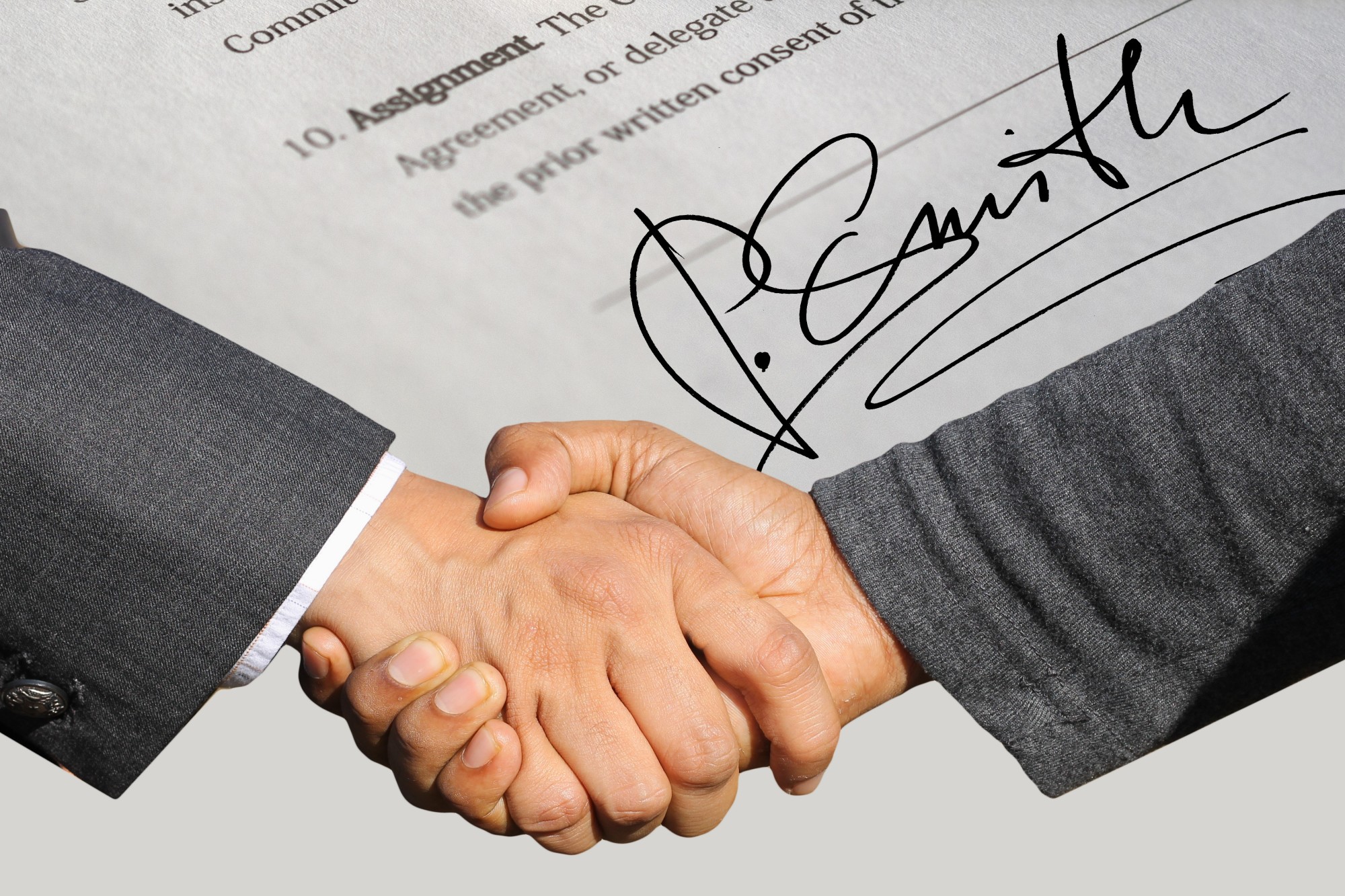 We get a lot of questions about rental properties and how to make a lot of money off of it. One of our best pieces of advice, whether you’re an experienced investor or just renting out your first investment property, is that it’s never too late to take a closer look at your rental agreements. To address this topic, I think it’s helpful to start from the perspective of how to make a legal rental agreement.
We get a lot of questions about rental properties and how to make a lot of money off of it. One of our best pieces of advice, whether you’re an experienced investor or just renting out your first investment property, is that it’s never too late to take a closer look at your rental agreements. To address this topic, I think it’s helpful to start from the perspective of how to make a legal rental agreement.
A rental agreement (also known as a lease agreement or lease) is an agreement between the landlord and the tenant. Of course, the landlord is the owner of the property who rents the space, and the tenant is the person renting the space.
Rental agreements aren’t one-size-fits-all. They also aren’t something you just flip to the last page of and sign. Lease agreements are important and powerful. They are binding on both parties, meaning they stand up in a court of law and have more weight than your word.
Sure, you can pay a small fee to one of the many online legal form generators. Heck, the form itself may even be free. Though you’d be doing yourself more harm than good to use a free form without consulting an attorney. A lease agreement is not an area you can afford to go cheap in. Though if you are considering going the template route, there are a few things you should at least be aware of.
For starters, the rental agreements need to be state-specific. Not just somewhat state-specific; they need to be sufficiently state-specific. Landlord-tenant laws vary from state to state. So if you grab a form from a generator, unless there is a living and breathing attorney on the other side researching your state’s laws, you won’t know exactly how the lease will be treated in your state. This factor is significant, because rental agreement disputes (think: nonpayment of rent and eviction actions) go to state court, which applies state law. Modern form generators are moving towards creating templates that comply with state law, but they have yet to perfect it by any means.
Take the security deposit for example. It’s true that some form generators include this provision, but is a basic template really sufficient? Will you modify the template?
To understand where I going with this, consider a scenario where you want to charge a tenant one month’s rent as a security deposit to cover the cost of any damage caused by the tenant during the lease. You may wish to give yourself 30 days to make a proper inspection of the premises and determine whether you want to keep or return the deposit. Say you wanted to put this in your rental agreement just to be sure. After the lease is over, you then take your 30 days to inspect the property and you find the place is a disaster area. The tenant had a pet they didn’t tell you about. Because of the pet, the carpet is ruined and must be replaced, the walls need to the repainted, and one of the doors needs to be replaced.
Naturally, you withhold a portion or all of the security deposit to cover the damage. Remember, you took the 30 days to inspect and determine whether you want to withhold. On day 31 tenant calls you and asks for the security deposit to be returned. You say “no way” because of all the damage that needs fixing. If the tenant then decides to take you to court, you will find yourself very surprised. The court would likely rule in favor of the tenant! This is despite the provision of the rental agreement that you wrote with the help of a form generator (the one that allows you 30 days to make inspection and return the deposit).
This is because under Florida landlord tenant law, there is an unavoidable statute that requires you to give written notice to the tenant within 30 days of your intention to make a claim on the deposit (aka to use the deposit to pay for the damage). Failure to do so means you forfeit the right to make a claim. In this scenario, you failed to do so, believing that your contract was legal, but it wasn’t.
Even if you had included the correct terms in the agreement, if you do not understand their significance, you can still inadvertently lose your right to retain the deposit. That is just one reason why it is a good idea to have an actual attorney draft your contracts and discuss them with you, live and in person or over the phone, so you fully understand your rights and obligations.
A standard form will not provide the type of Florida-specific language you need to make sure your rental agreement is legal and in your favor. At a minimum, if you must use an online template, take it to an experienced attorney to review and finalize it with you.
If you need a rental agreement for your properties or have any questions about how to make a legal rental agreement contact, contact Attorney Francis Boyer today.
He would be glad to set up an appointment to actually discuss your rental property and your investment needs so that your rental agreement works for you, not against you.





